Learning together with her children: Urmila’s transformation into a caring mother
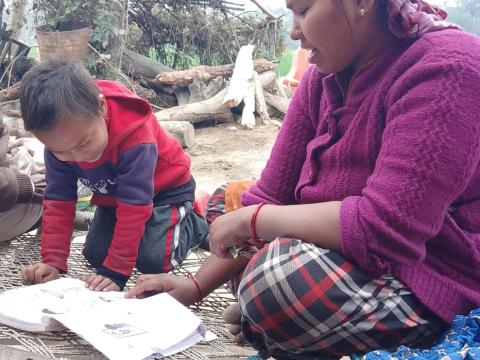
As a student who only attended school until the fourth grade, Urmila, now 30 years old, had no idea how to support her children in their studies at home. Her son Ridham, 5, who is in the Early Childhood Development Centre and her daughter Mahima, 10, (also a registered child) who studies in grade four kept mingling with traditional practices of education at home. Urmila believed that only finishing homework was enough study at home for her children, and only their teacher was responsible for their education at school.
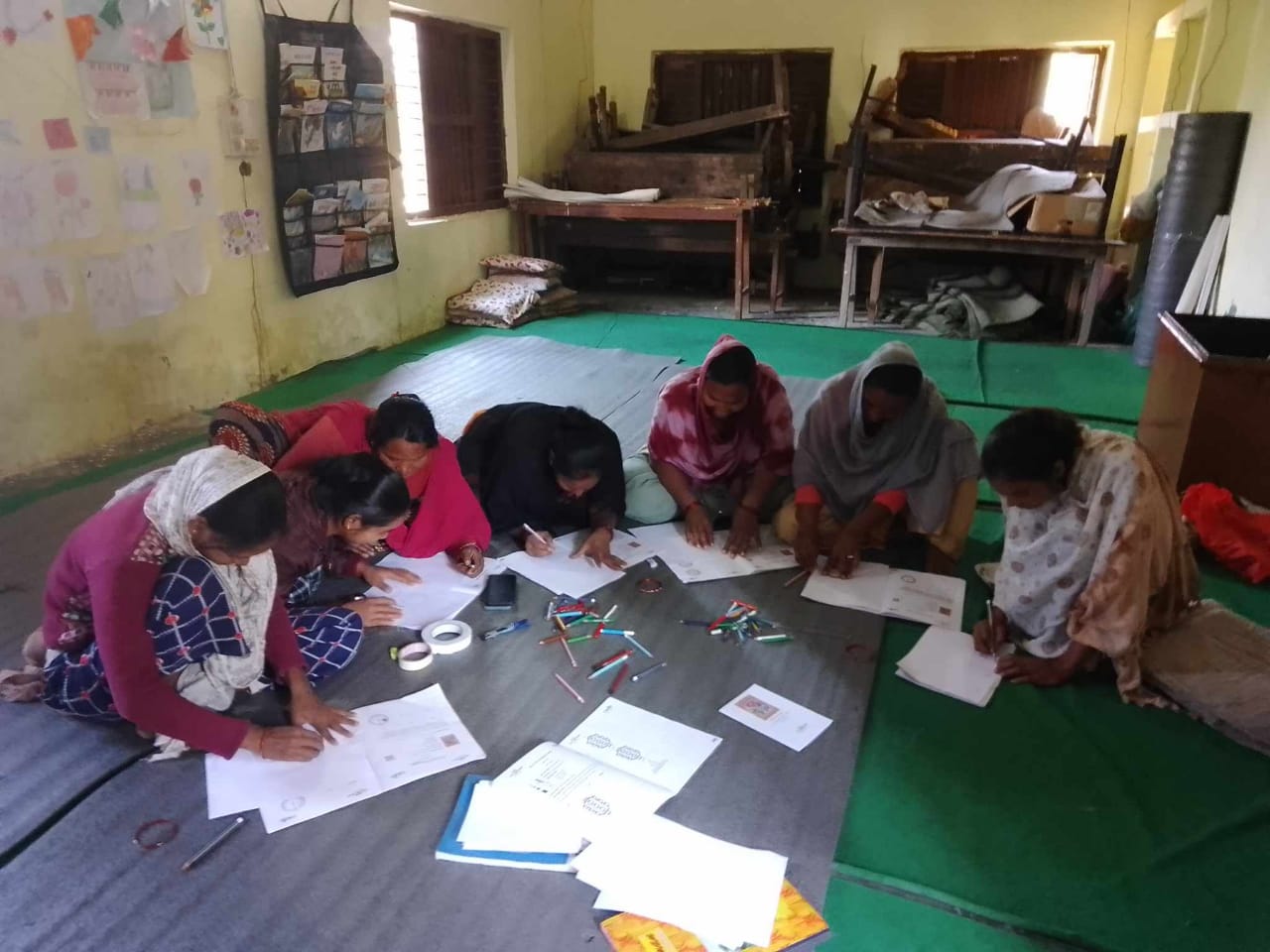
However, things changed after Urmila started participating in caregiver sessions, also called ‘Learning Camps’ (Sikai Shibir in local language), conducted through the Nepal Reading through EdTech Apps & Digital Stories (READS) project implemented by Word Vision International Nepal in partnership with a local NGO Youth Alliance for Rural Development (YARD) Nepal. With a weak financial status of family supported by agriculture, she had never participated in such groups before. Urmila was hesitant to even introduce herself to the group at first. After attending 29 out of the total 30 sessions, she learned many tools to engage and enrich study time for her children at home. She also participated in the parenting education session through the Inclusive and Quality Education (IQE) Programme. Her daughter, Mahima, had also attended the reading camp conducted through the IQE project when she was in grade 3.
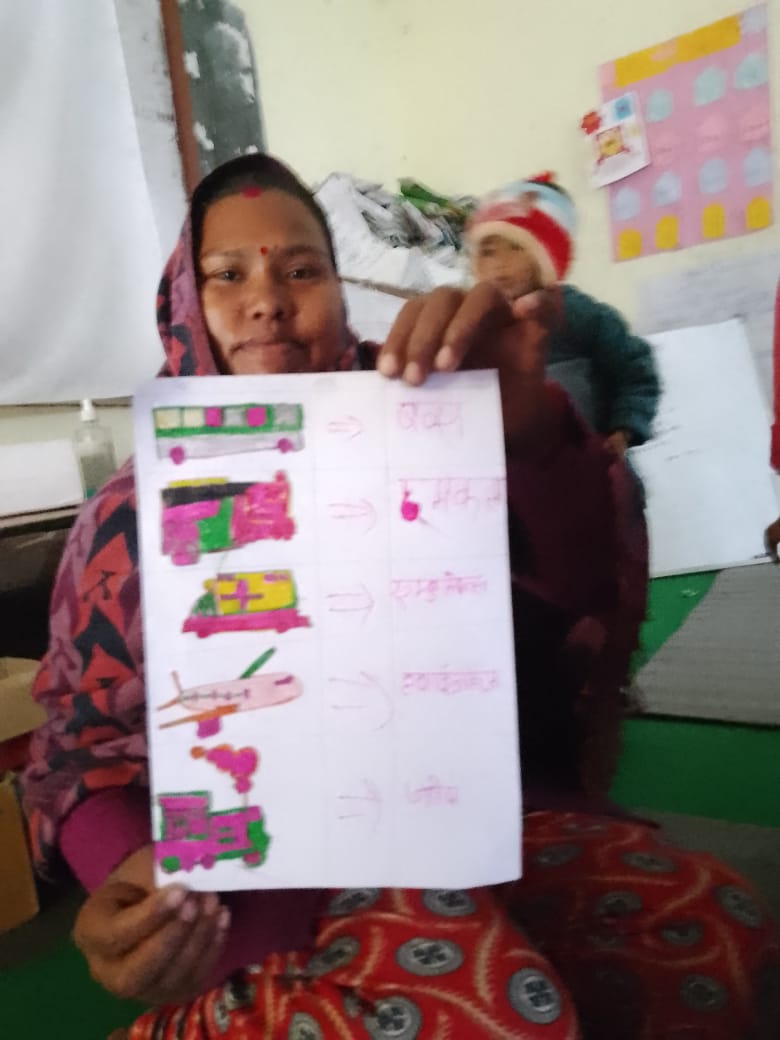
Before participating in the caregiving sessions, she would only occasionally visit her children’s school to get information about her children's studies. She used to ask her children to study but was unable to help in any reading and learning activities at home. She would give mobile phones to them but did not know what they were watching and learning from the devices. "Now I spend time with my children, help them with their homework, tell them stories, and encourage them to read and tell stories,” she says. “Among the 30 stories discussed in the learning camp, my son likes the story of 'Golbheda’ (Tomato), as it resonates with his experiences of seeing tomatoes in their kitchen garden," she adds with a smile.
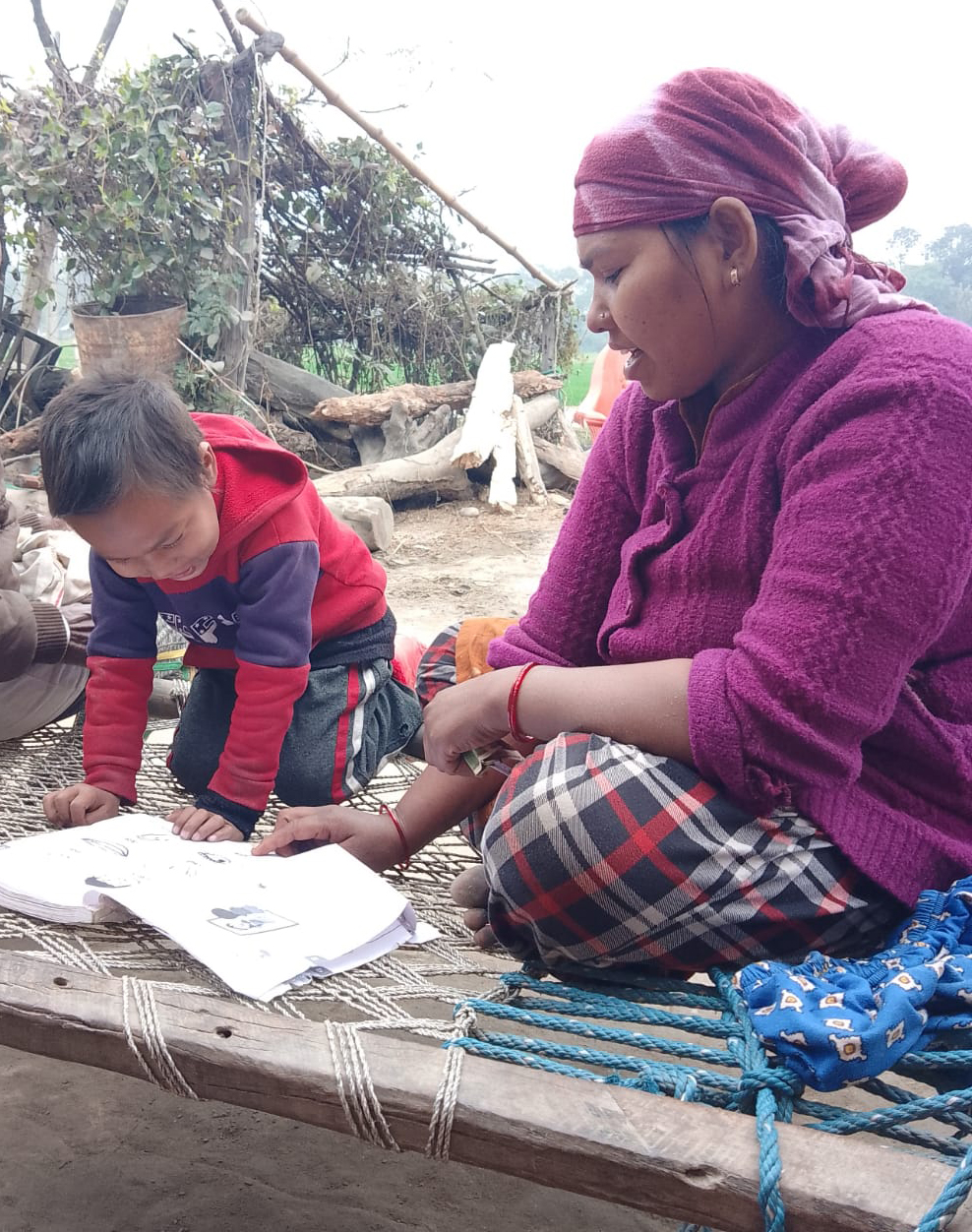
Now, when Urmila teaches her five-year-old son words by showing him the pictures from the workbook, he pronounces the words easily by looking at the picture. His enthusiasm to attend school has also increased quite a bit. She spends time with her daughter and encourages her to utilize digital platforms and devices to improve her studies. She also ensures that the digital devices are not misused by her children. She frequently visits her children’s schools and seeks information about their performance from the teachers.
The engagement has not only helped her children read better, but the interaction and bonding between Urmila and her children have improved as well. Urmila is a hardworking and confident lady who takes the learning sessions seriously. She has developed the confidence to ask questions during the sessions, requests detailed explanations when in doubt, and expresses her opinion without flinching. She enjoys her learning in the sessions and utilizes the skills to teach her children at home. She has developed herself into an exceptional storyteller.
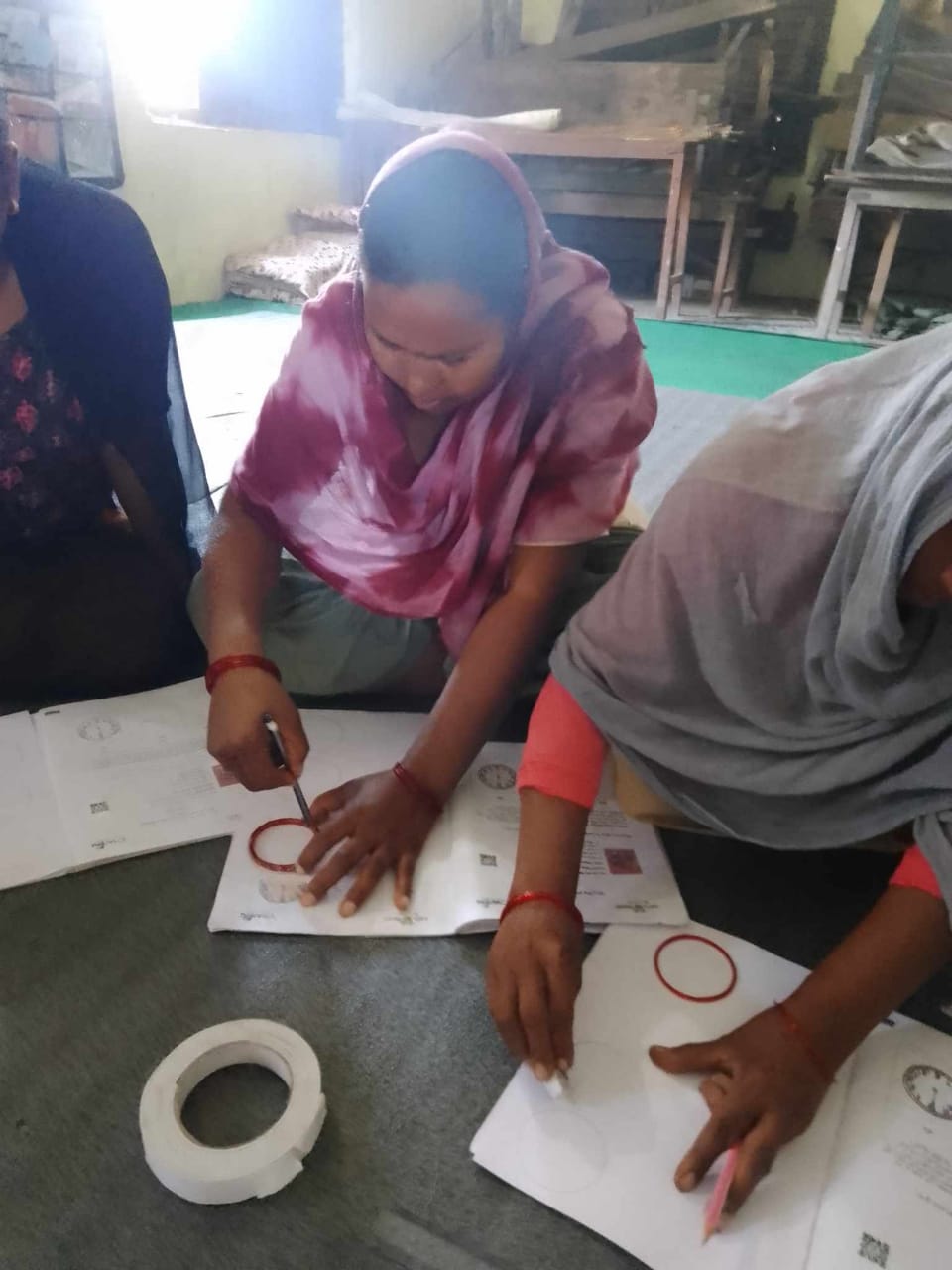
The Nepal Reading through EdTech Apps & Digital Stories (Nepal READS) project is aimed at developing children’s reading skills and habits, especially in the early grades – ECD and grade one, through digital learning and building capacity of caregivers through parenting sessions and caregiver sessions. A total of 42 groups with 613 participants (608 female and 5 male) in Tikapur and Bhajani municipalities of Kailali have been participating in the sessions and supporting their children at home in their studies.